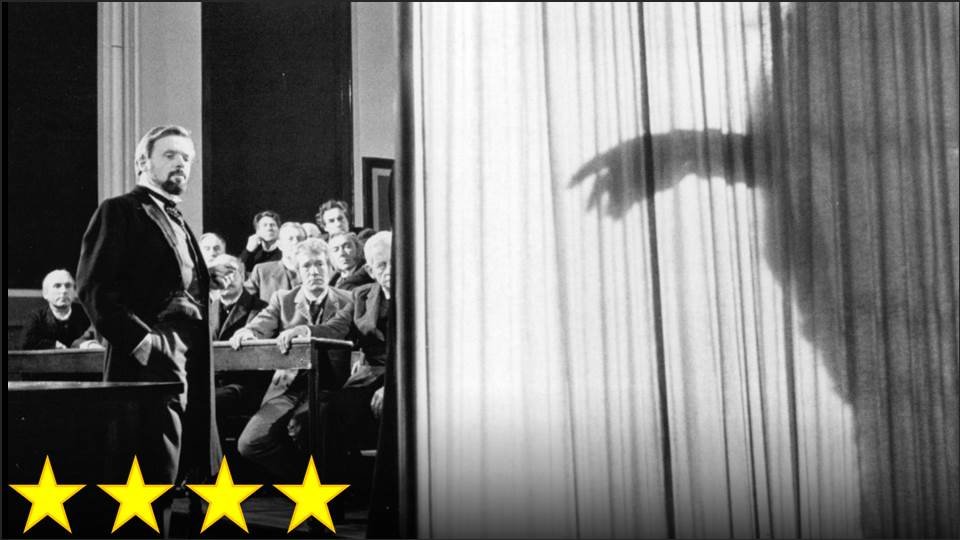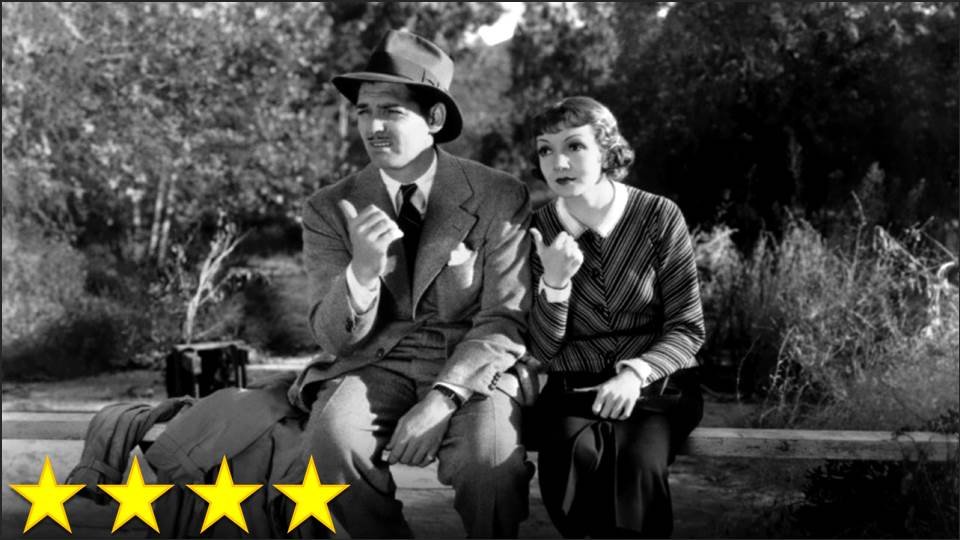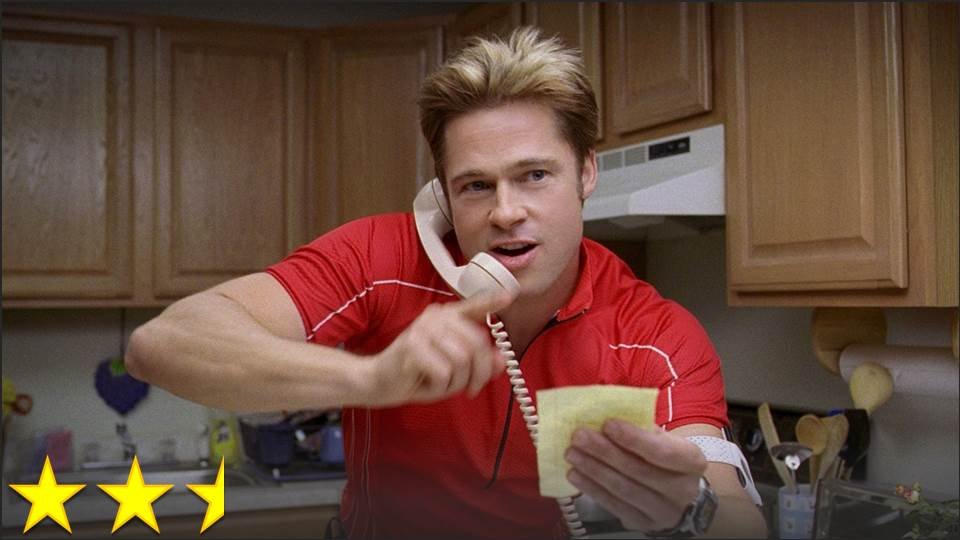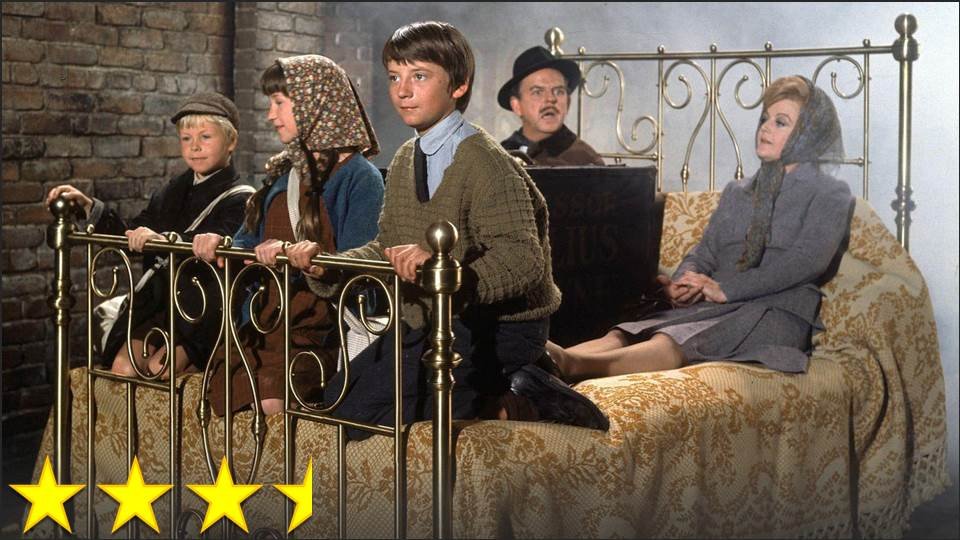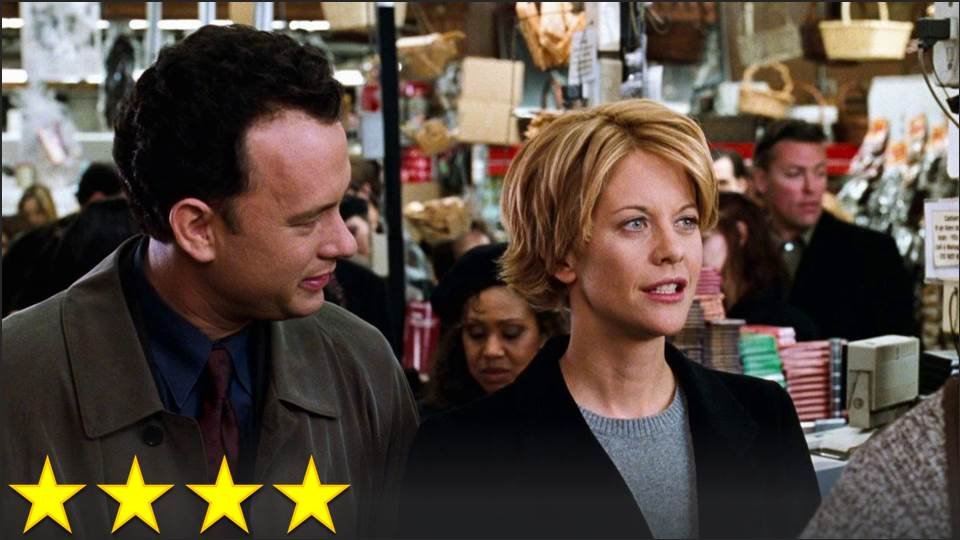There is much to be said for a filmmaker that can repeat common stories, scenarios, and twists that we’ve all seen before while still making great work (and evoking a strong emotional response). David Lynch is one of those filmmakers, as he demonstrated most clearly when he made The Elephant Man. It’s Lynch’s go at a conventional Hollywood film, and we are very fortunate that Mel Brooks took a chance in bringing young Lynch on board to direct the project before he was well-known. Obviously, everyone else involved in the project was already established, which means we get to see some great performances, and I would argue that the score is some of John Morris’ best work as a composer. The story doesn’t really go anywhere, and it’s blatantly based on the old trope that “the monster isn’t the monster, the normal human is the monster,” and yet it all still works very well. We fear for John when we’re supposed to fear for him, and we wonder if Treves is right in worrying that he’s mistreated John, and we adore Madge Kendal the same way John does. The drama just works.
As a great combination of Hollywood drama and Lynchian weirdness, I think it’s a film everyone ought to see.
